
Filial piety in the hearts of Vietnamese people
With the thousand-year-old tradition of the Vietnamese people, ancestor worship is a beautiful tradition that is preserved and passed down from generation to generation. Death anniversary and Tet holiday are sacred moments to remember ancestors.
Most Venerable Thich Tri Chon, Deputy Head of the Central Cultural Committee of the Vietnam Buddhist Sangha, shared that the filial piety of Vietnamese people coincides with the Buddha's teachings, so Vu Lan season has become a gratitude festival or a festival of love for Vietnamese people, not just for Buddhists or monks and nuns.
“Determining filial piety as a morality that must be practiced, the Buddha taught that: filial conduct is Buddha conduct, filial mind is Buddha mind. That means, the Buddha emphasized filial piety as the first, important foundation, the inevitable path for each person to practice,” said Venerable Thich Tue Nhat - Deputy Office of the Central Buddhist Guidance Committee of the Vietnam Buddhist Sangha.
“Feeling filial piety is a good deed and a noble deed, so when Buddhism was introduced to Vietnam, people quickly accepted it.
Nowadays, to show filial piety to ancestors, Vietnamese people not only go to the pagoda on Vu Lan day, but also express it in many other ways, such as offering vegetarian offerings on death anniversaries and doing good deeds to dedicate merits," Venerable Thich Tue Nhat shared.
Filial piety and filial piety
Being grateful to parents, grandparents, and ancestors is not only a concept but also expressed through words and practical actions. Vietnamese people believe that making parents happy is filial piety, or taking care of parents while they are still alive, both materially and spiritually, is practical filial piety.

From a young age, children are taught that if they love their parents, they must study hard and live well. For parents, it is not about doing something for themselves, but children must strive for themselves. Studying well is to practice abilities and skills; living well is to cultivate morality and lifestyle, in order to become a virtuous and talented person.
In the Vietnamese community, talented and virtuous people bring great pride to their families and clans. It is this valuable contribution that makes Vietnamese people happier than anything else. Here, we can see the skillful way of shaping children and nurturing the young buds of Vietnamese people is very good if we understand deeply the wishes of parents.
“In Buddhist scriptures, the Buddha also spoke many times on behalf of parents, telling about the grace of giving birth. Especially in the Vu Lan Sutra - Filial Piety, the Buddha said, a mother of a hundred years old still worries about her eighty-year-old child,” said Venerable Thich Thien Thuan, member of the Central Propagation Board of the Vietnam Buddhist Sangha.
Many people when going to the pagoda during the Vu Lan month - the full moon of the seventh lunar month, when reading the sutra with such words or passages describing the pain and suffering of parents in giving birth and raising children, cried. And the emotional moment in the Vu Lan ceremony is when the monks/nuns pin roses on their shirts, the MC reads words of gratitude to parents.
Since ancient times, Vietnamese people have been very subtle when they said: "When alive, don't feed them/ When dead, use sticky rice and meat to write a funeral oration for flies." In fact, this is a common mistake of many children. When their parents are alive, they don't care or worry much, but when they die, they feel sorry and regretful.
That's probably because most people think their parents will be there forever, for a long time; or they don't appreciate the precious things they still have, until they lose them.
Of course, without exception, there are unfilial children who live a superficial life, only caring about dealing with the world and being vain, but in reality, they are not like that. Or in other words, they show their deep filial piety towards their parents by presenting lavish feasts when they pay respect to their parents.
“In Buddhism, the Buddha taught in the Ullambana Sutra - filial piety that: The sin of unfilial piety is shared by both men and women/ There is no way to describe the evil karma that must be borne. Specifically, according to the Buddhist concept, an unfilial person is someone who commits a serious crime and is condemned to a bad path, the worst of which is hell.
In Vietnamese culture, unfilial people will be turned away by society, not tolerated by the law, and there is no place to use them, because even parents, the ones who gave birth to you, raised you, and sent you to school to become adults, if they do not remember or repay your gratitude, they will easily betray you and live without morality...", Venerable Thich Tri Chon expressed.
Source: https://baoquangnam.vn/vu-lan-trong-tam-thuc-nguoi-viet-3139704.html



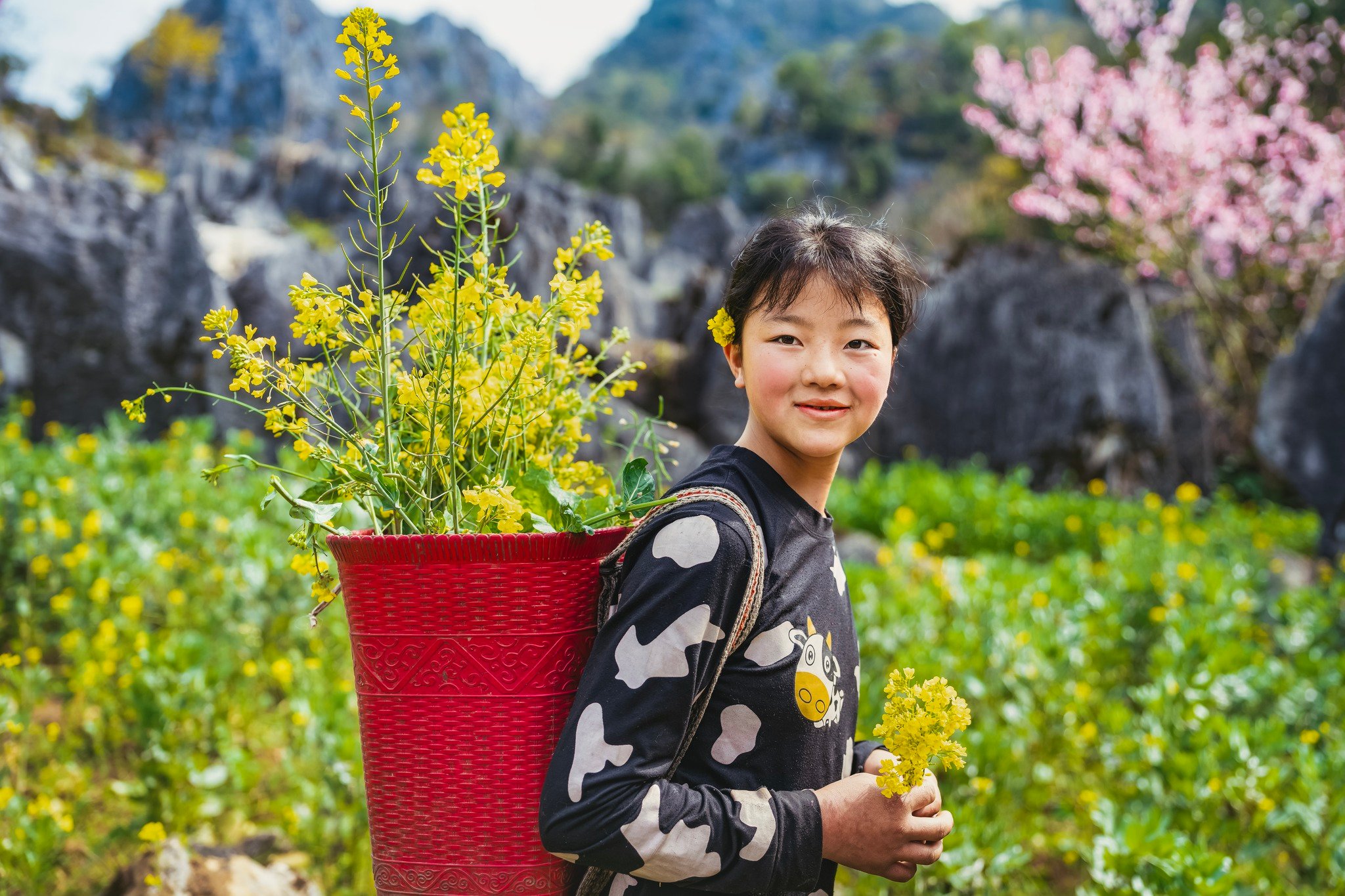














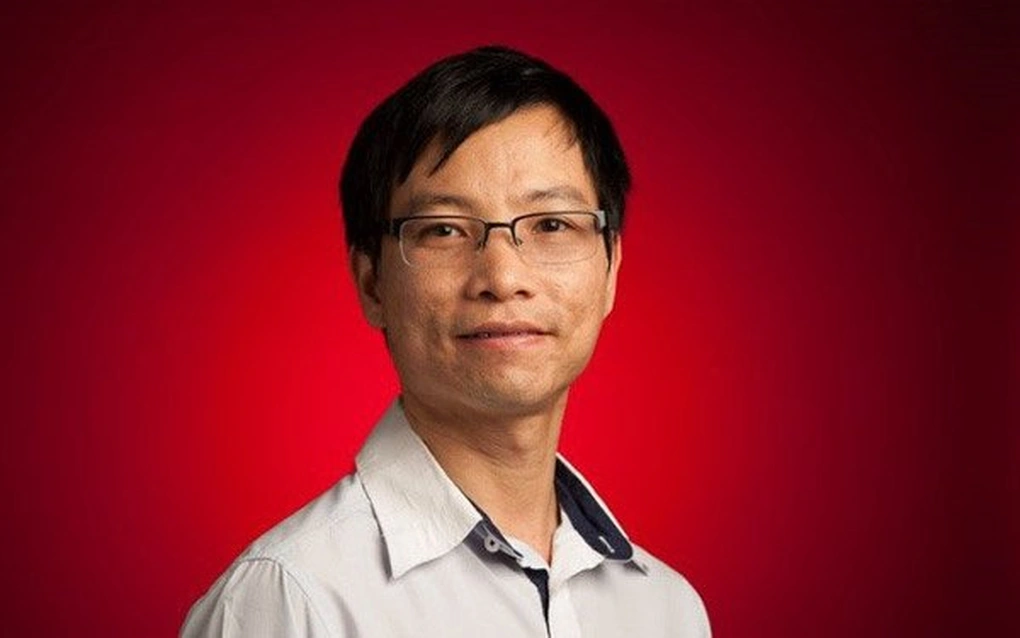









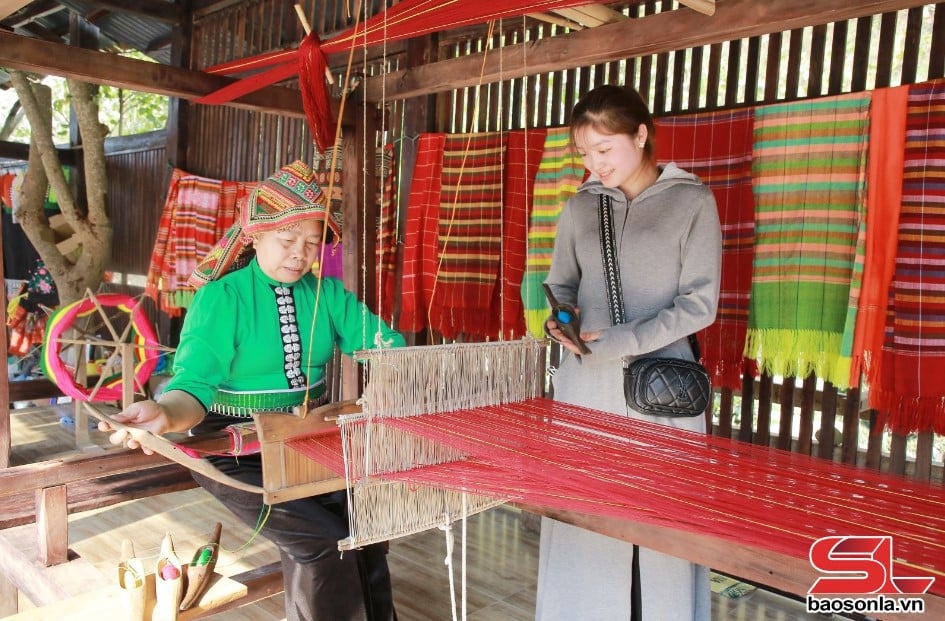

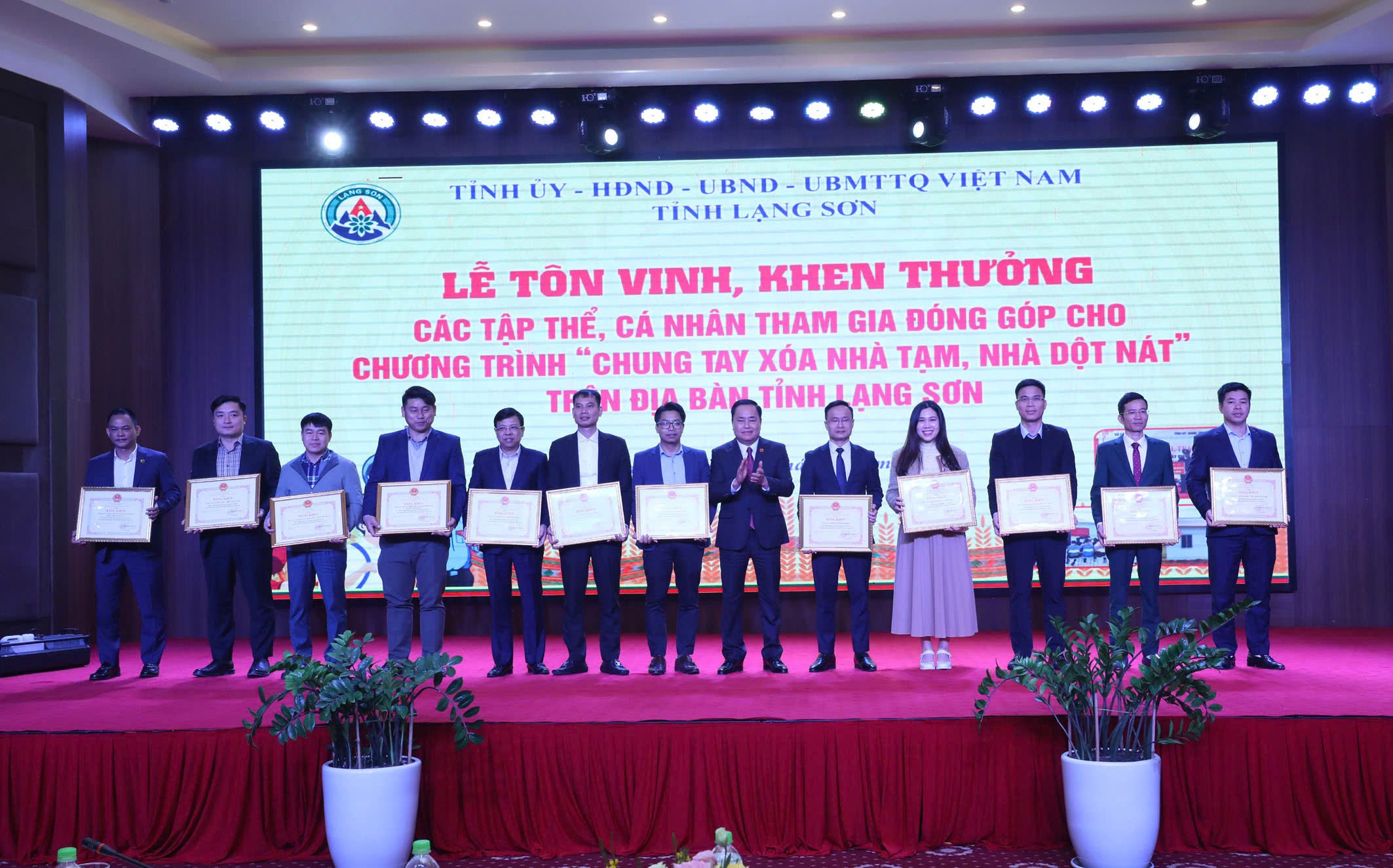

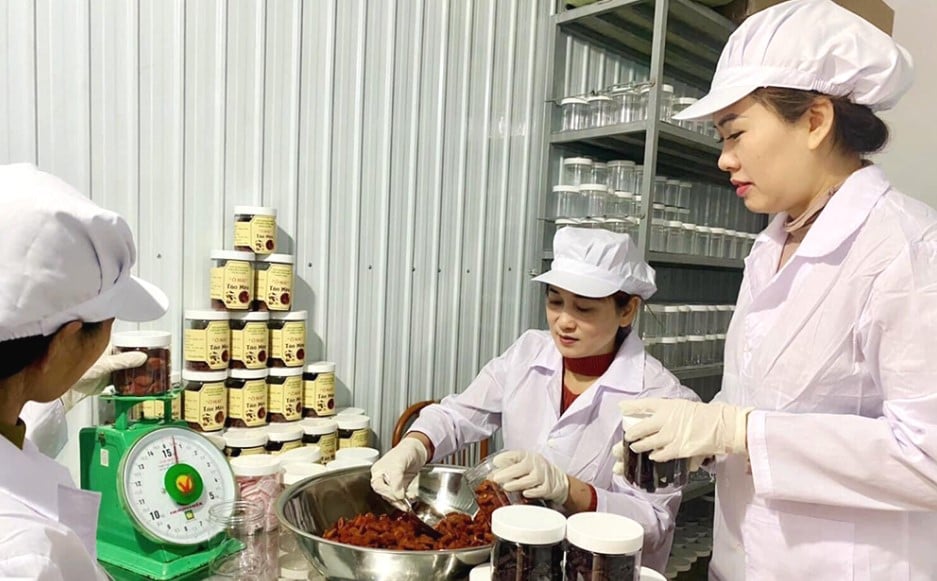

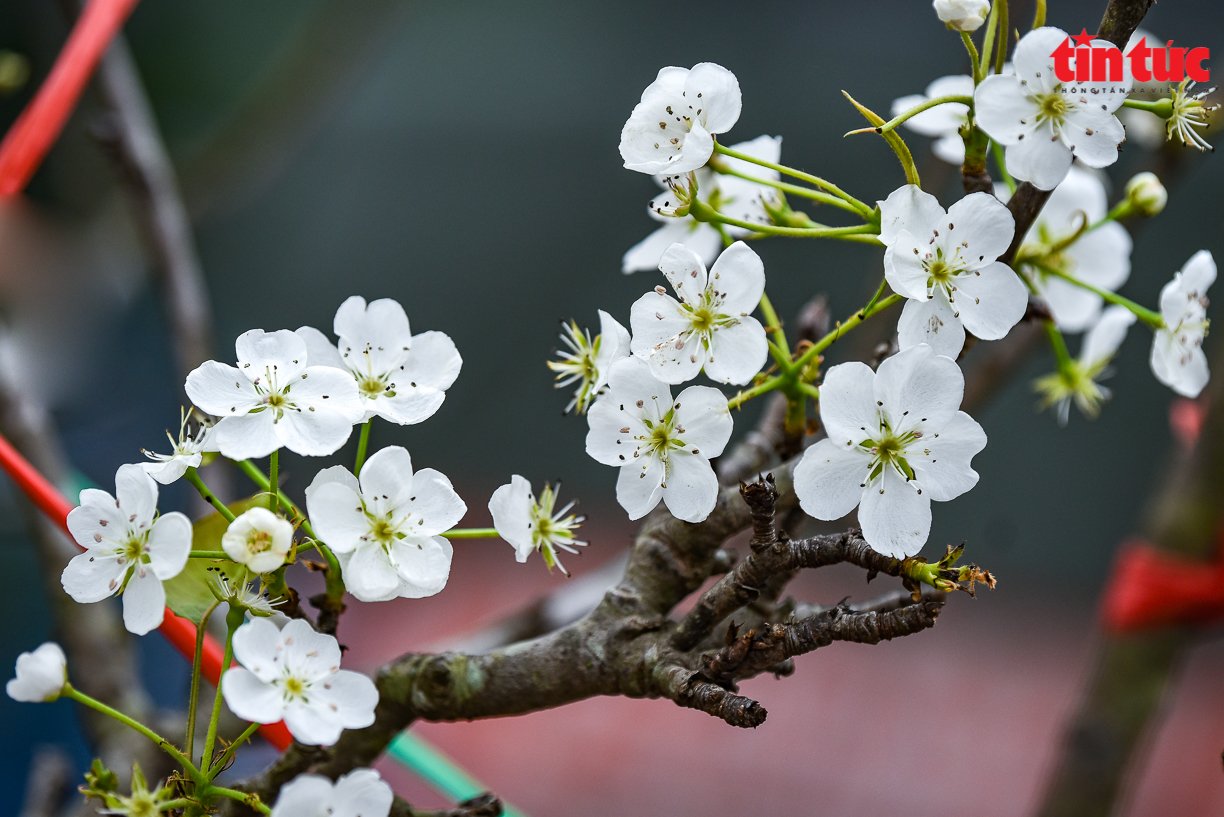
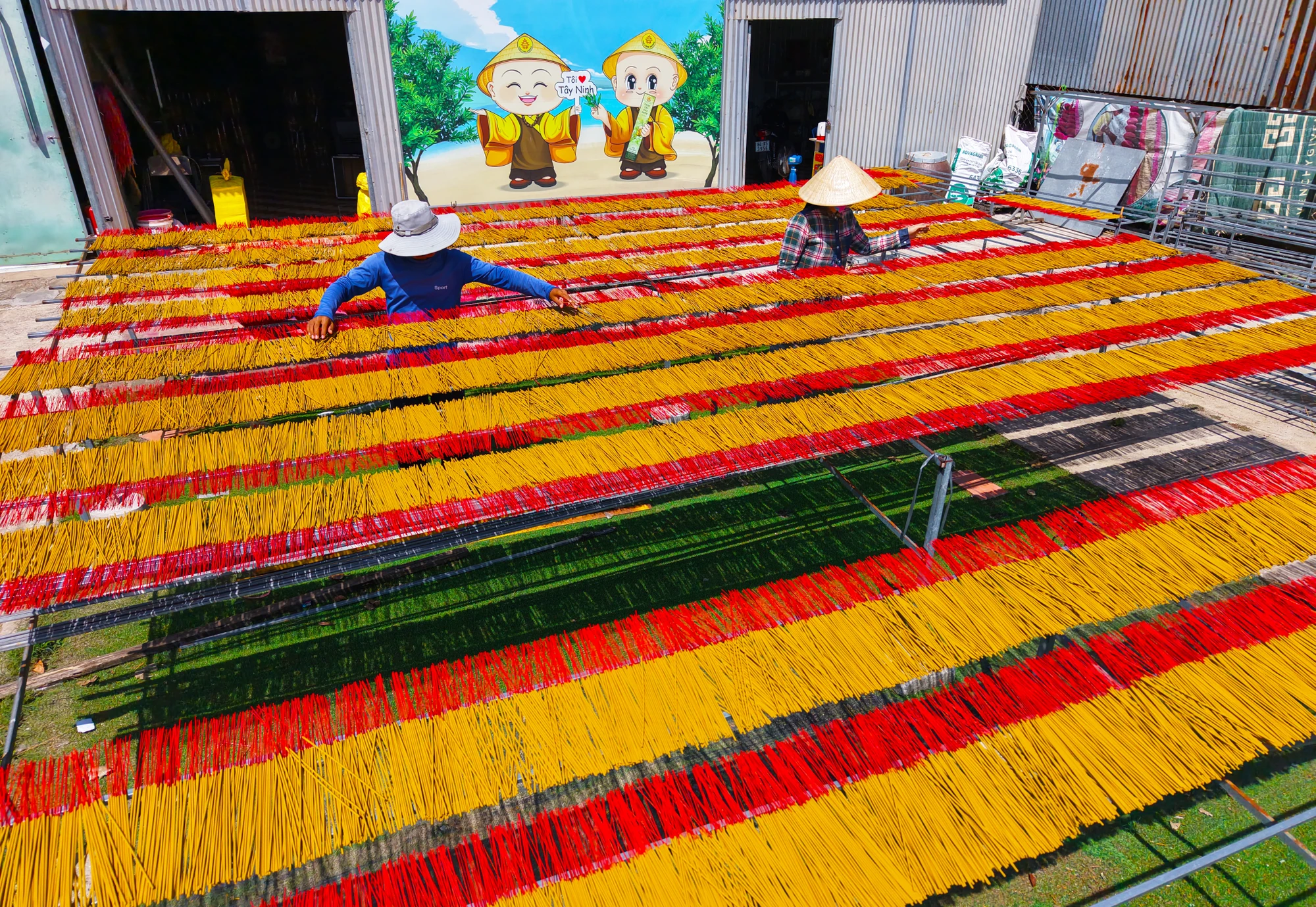



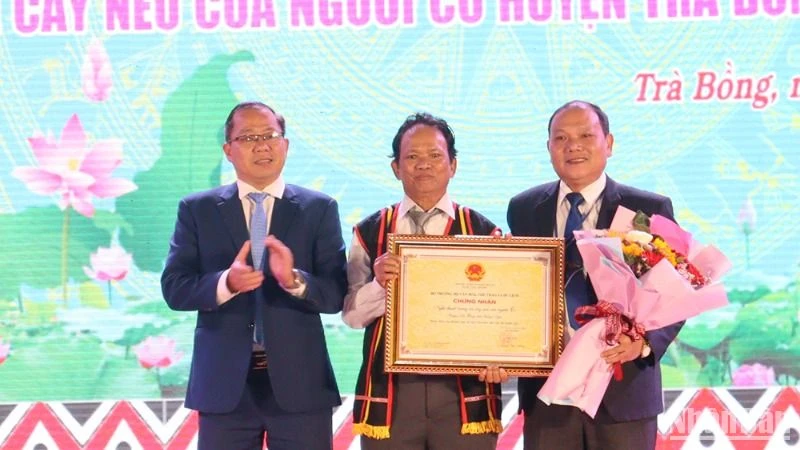

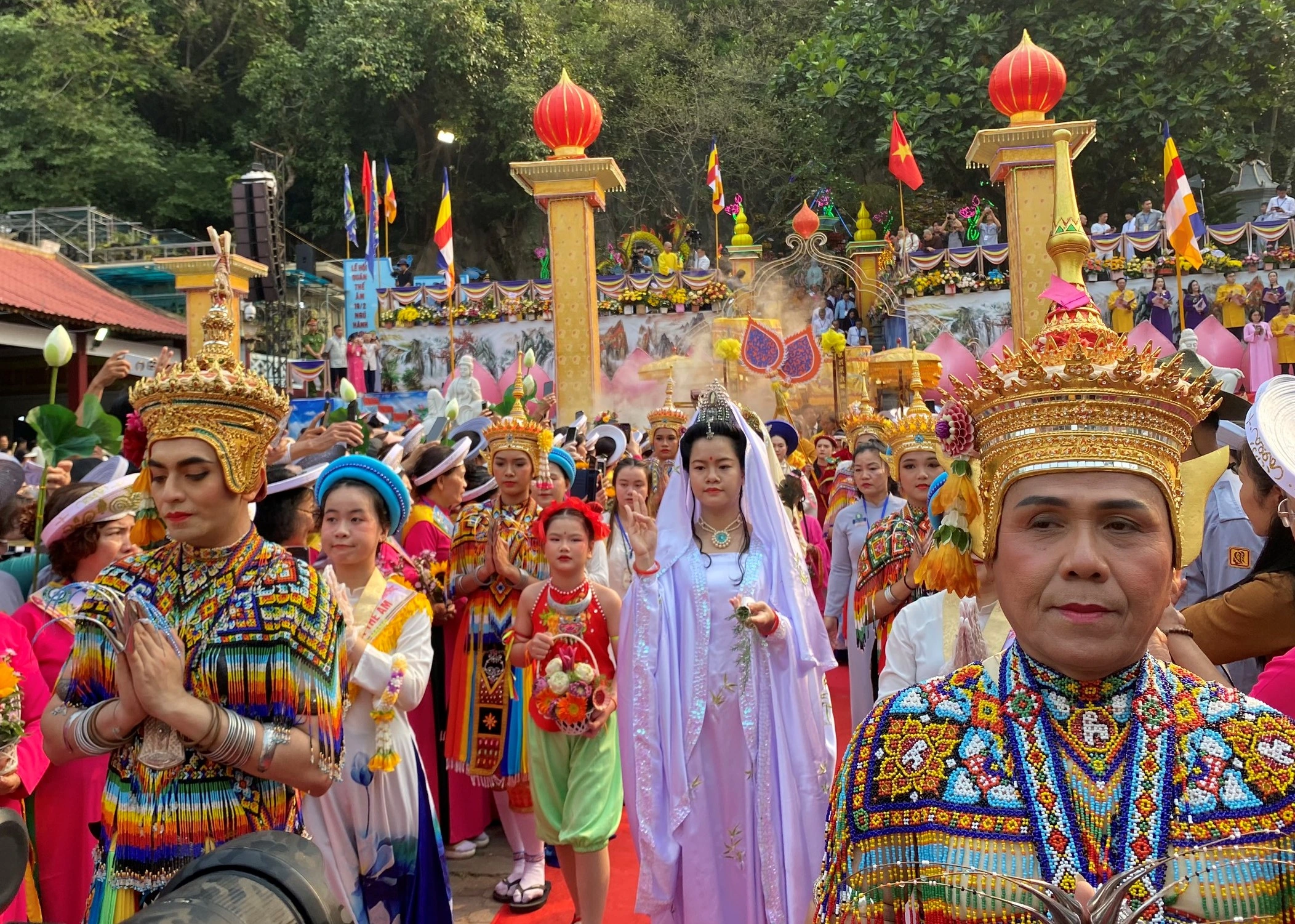

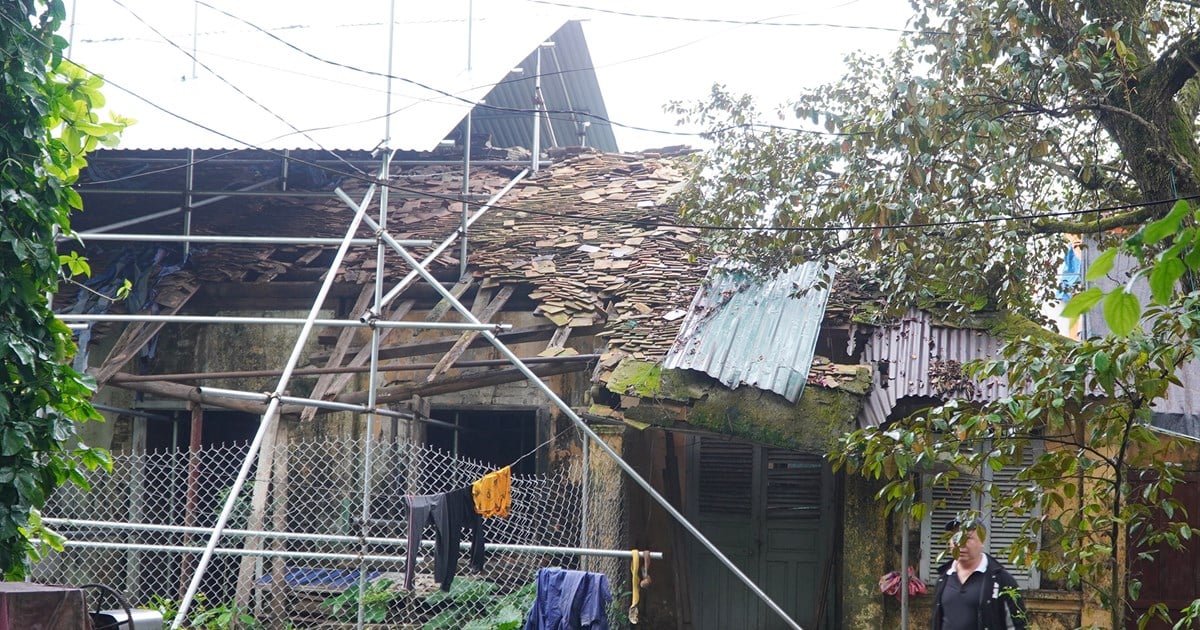


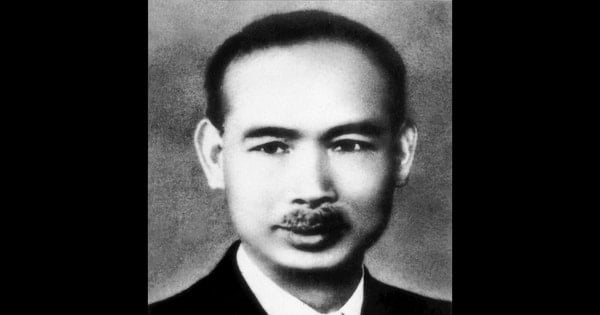



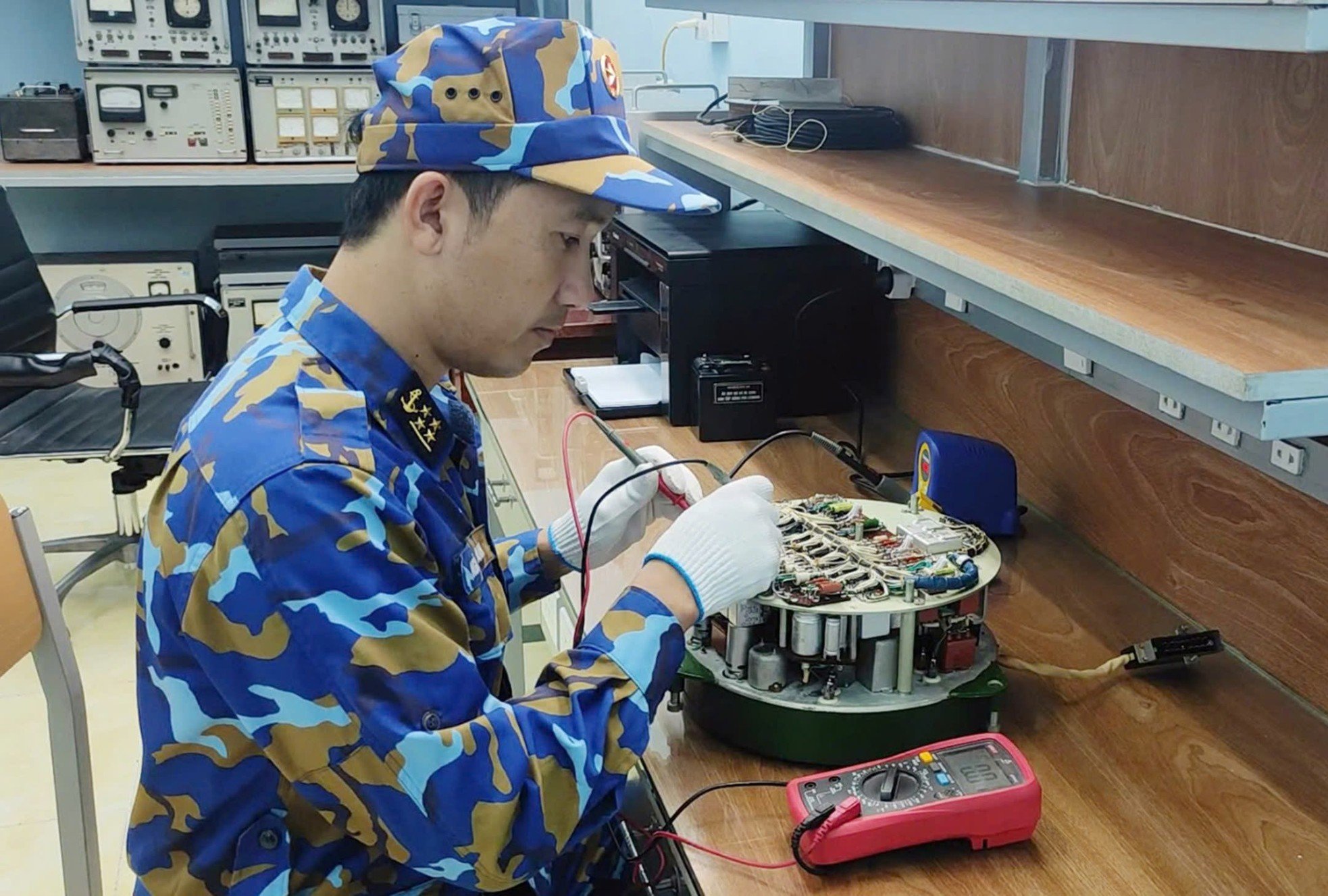
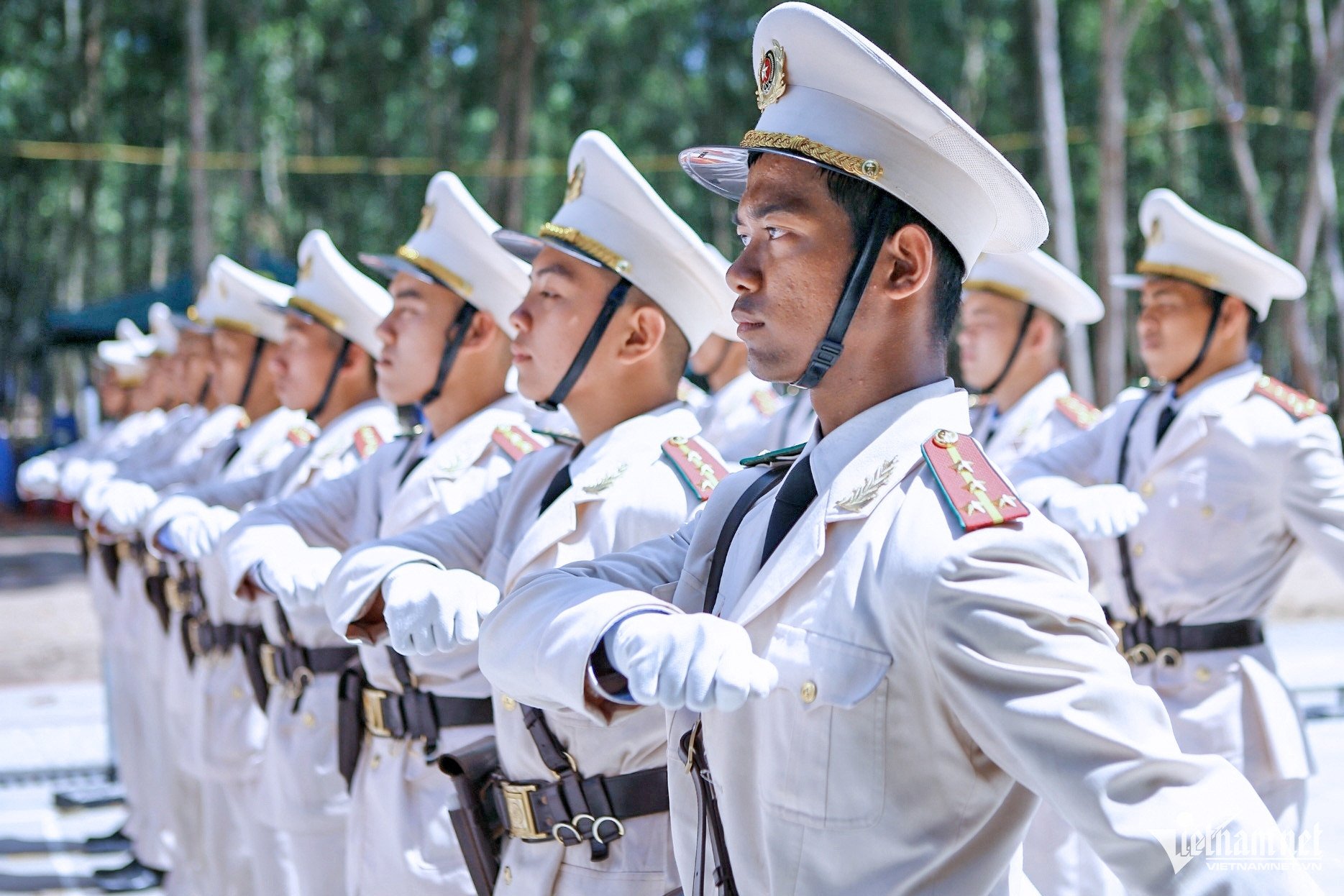










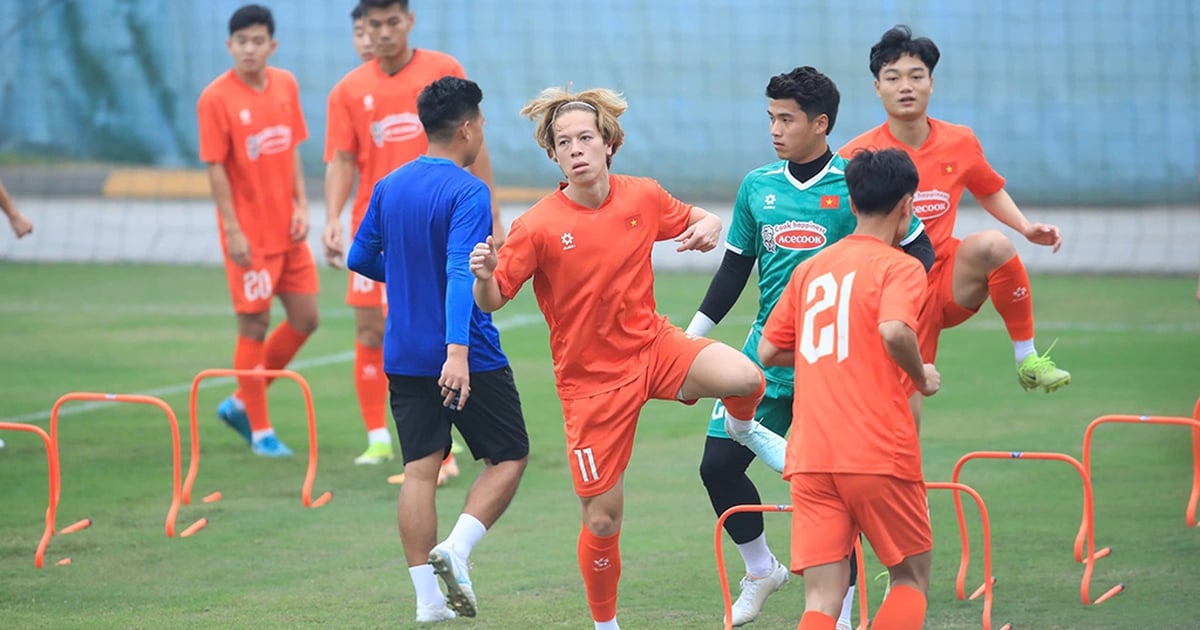
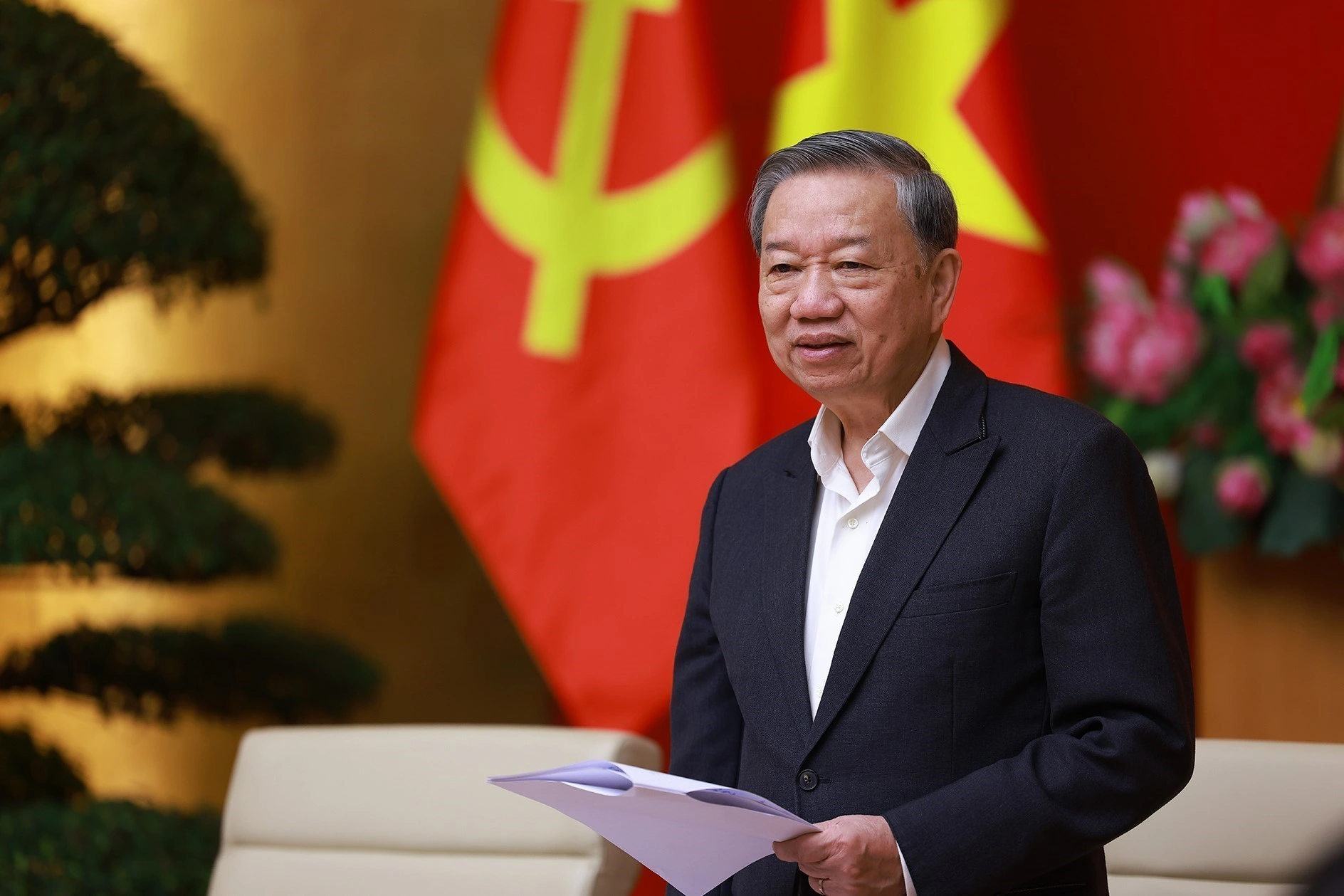



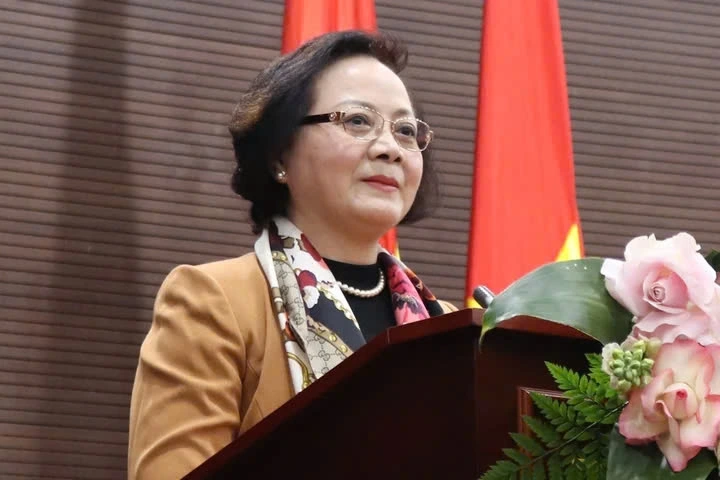


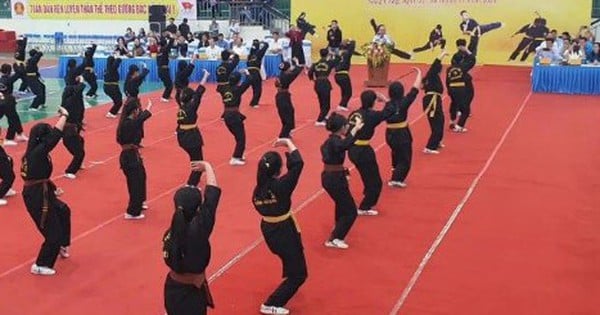
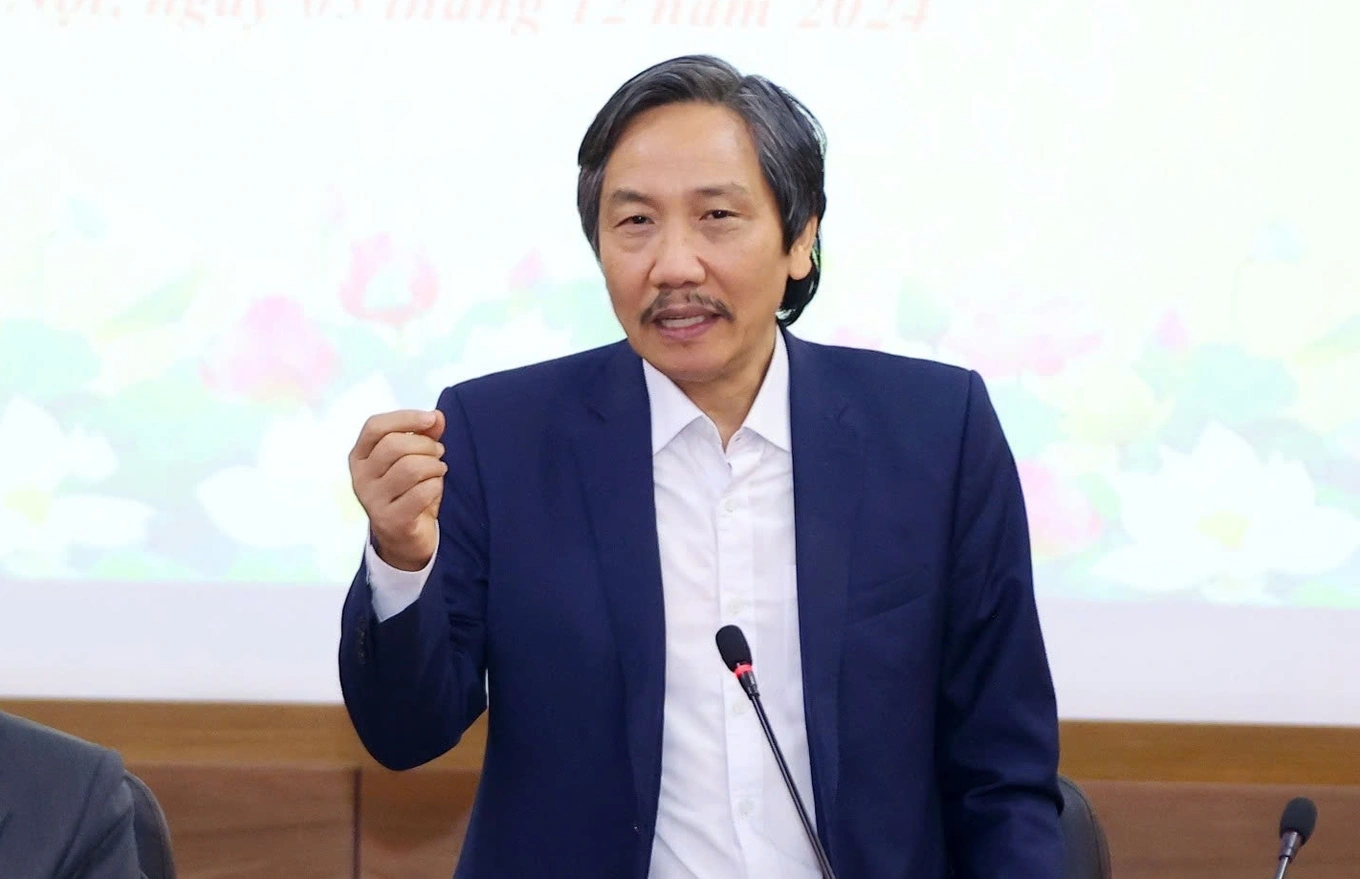
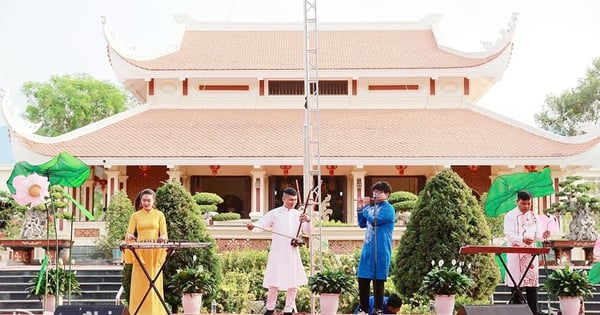


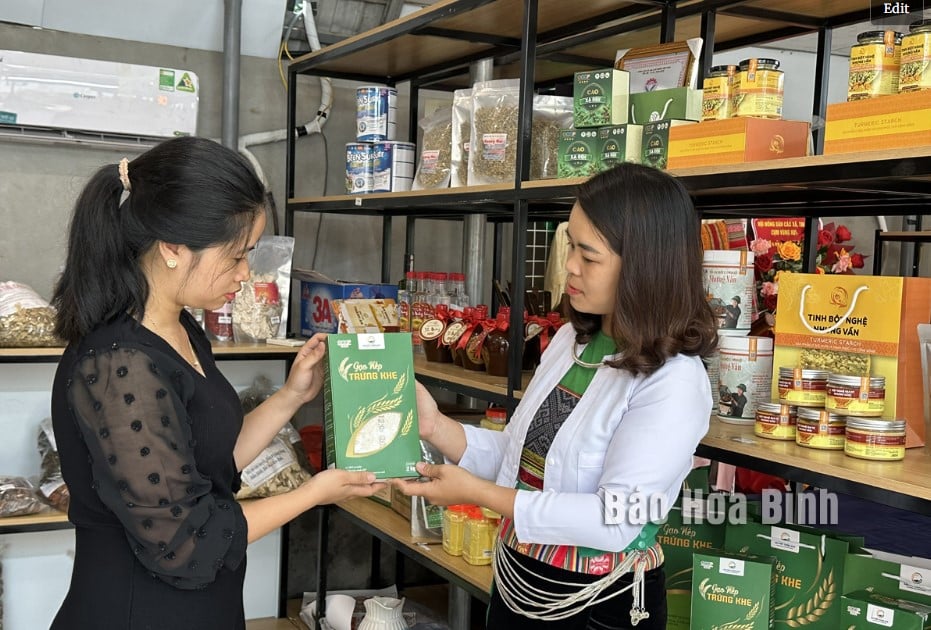

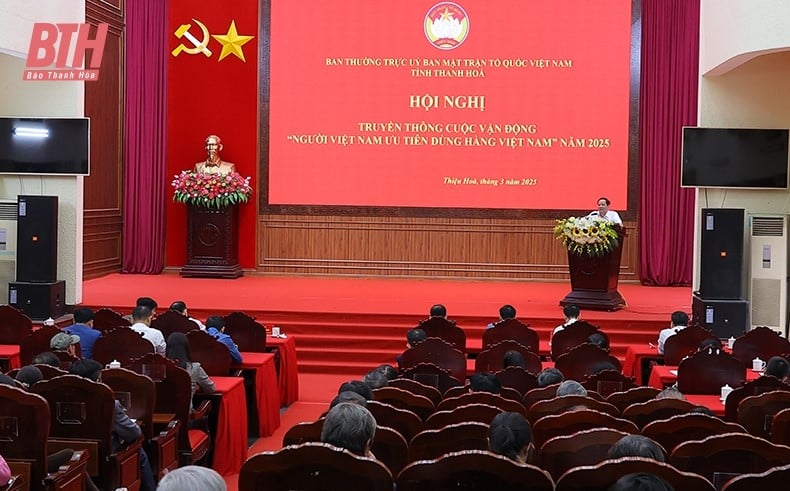





Comment (0)